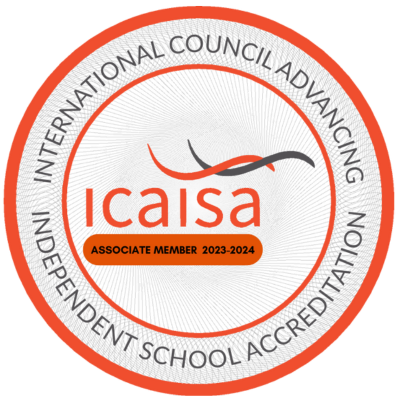March 4, 2022 | Zoom
9:00 am Welcome & Introductions
9:15 am It Takes a Village | Lia Gil, Darkness to Light
One in 10 children will be sexually abused before their 18th birthday. While many of us grew up with warnings of “stranger danger”, the truth is most children who experience sexual abuse are victimized by someone they and their family know and trust. Darkness to Light’s mission is to empower adults to prevent, recognize, and react responsibly to child sexual abuse. Because most children are victimized by someone they know and trust, it’s important that leaders within organizations and communities learn the “5 Steps to Protecting Children” to enhance their capacity to proactively protect the youth in their care.
In this learning session, Darkness to Light’s Director of Social and Behavior Change, Lia Gil, will discuss the 5 Steps to Protecting Children and ways Darkness to Light is changing organizational culture by addressing policies, systems, and environmental factors to create a culture of child protection for organizations that serve youth. Attendees will learn the facts about child sexual abuse, options for minimizing opportunities for would-be offenders and be able to identify grooming and red-flag behaviors. Participants will leave with short-term solutions for increasing child protection practices within their organization and their personal lives.
10:15 am Stretch Break
10:30 am Peter Crabbe, Chameleon Associates
School Security should fit the culture of your school - your school should not have to change to fit security. With the rise of school crime (both external and internal) many schools are struggling with how they can better safeguard their campuses without changing the fundamental elements of their brand - their identity.
Whether you are starting a security program from scratch or upgrading a current program, designing, and implementing a School Security Program can be daunting. This 90-minute session will cover how to get and use an assessment, what to consider in hiring a security team, and how to proactively protect your school with customer service and inclusiveness so that threat is mitigated BEFORE an attack. Attendees will leave with a practical plan for upgrading their school's security system immediately for little or no cost while increasing their accreditation scores and attracting new students to their school. There will be ample time for questions and answers on how to take next steps at your school.
12:00 pm Lunch Break
1:00 pm Threat Assessment Model | Dewey Cornell, Ph.D. University of Virginia
School safety is an ongoing concern in American schools. When a student makes a threatening statement or engages in some other kind of concerning behavior, schools have the difficult task of determining whether the student poses a serious threat that requires protective action or is merely misbehaving out of frustration. The Comprehensive School Threat Assessment Guidelines (CSTAG) is an evidence-based model for schools to use in conducting threat assessments in K-12 schools. This model was developed by Dr. Dewey Cornell at the University of Virginia in 2001 and has been extensively examined through field tests and controlled studies that demonstrate its utility and effectiveness. Dr. Cornell will describe the rationale for school threat assessment and how this model works to help schools avoid errors of both over-reaction to threats that are not serious and under-reaction to the threats that are serious. The CSTAG model uses a 5-step decision tree that allows schools to resolve most threats with a combination of education and counseling, and to develop more comprehensive safety plans and interventions in the small number of cases involving very serious substantive threats. CSTAG emphasizes early attention to problems such as bullying, teasing, and other forms of student conflict before they escalate into violent behavior. School staff members are encouraged to adopt a flexible, problem-solving approach, as distinguished from a more punitive, zero tolerance approach to student misbehavior. Dr. Cornell will describe the training program for school-based multidisciplinary teams and summarize research on its impact.
2:30 pm Adjourn
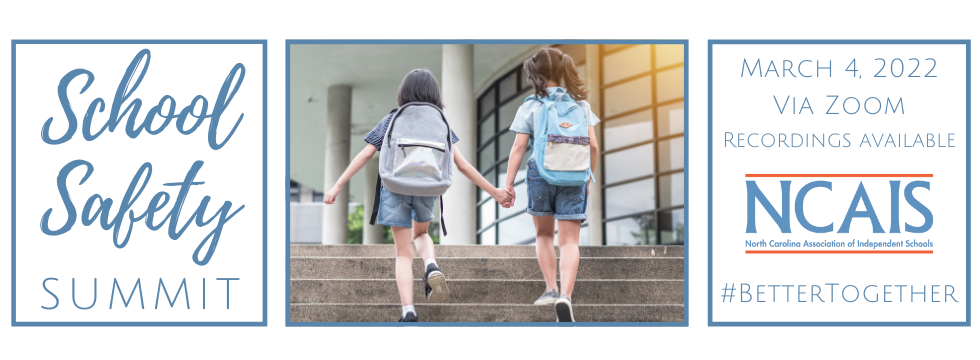










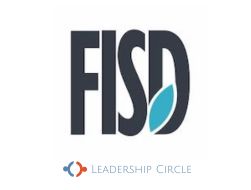

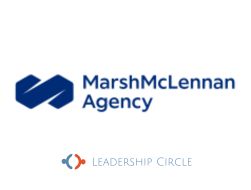


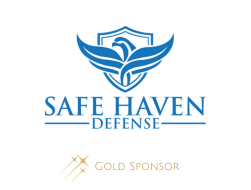




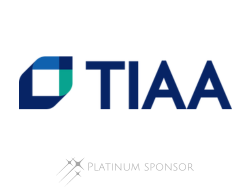
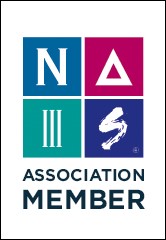 .
. 
